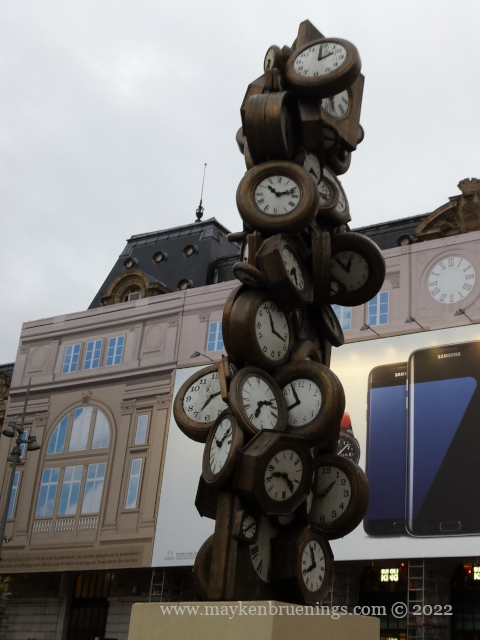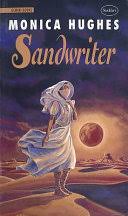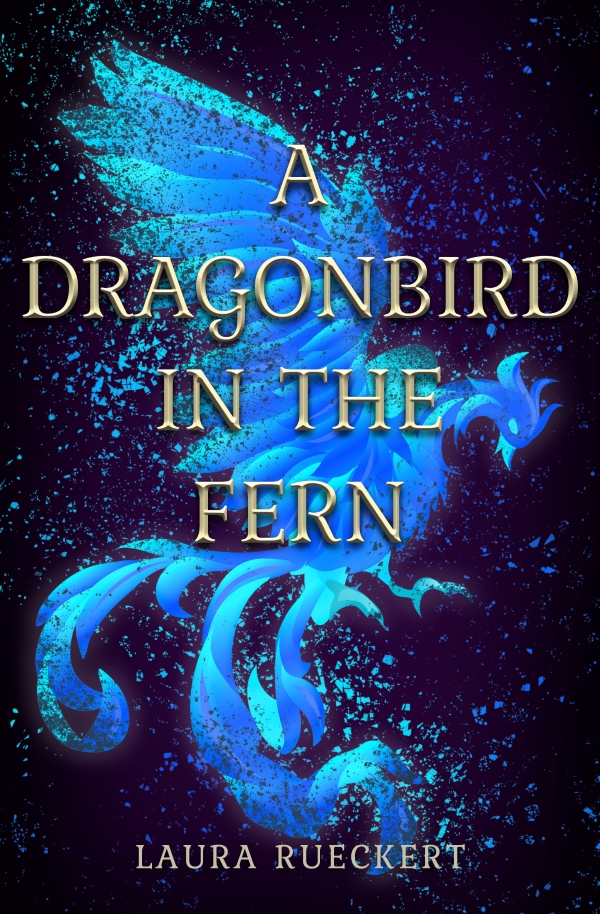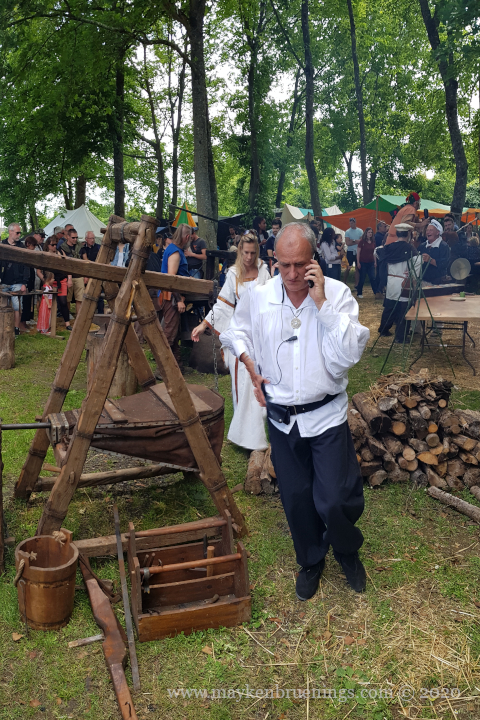
When you build a fantasy world, chances are there’ll be concepts that don’t exist in the real world and that you’ll have to name. A concept that comes up frequently in fantasy worlds, is one that characters with magic have a means of transporting themselves from one place to another. Here are a few examples:
- In the Harry Potter books, wizards and witches apparate (and disapparate).
- In Shawna Reppert’s urban fantasy Ravensblood series, mages can teleport.
- Dina von Lowenkraft chose shift for her book Dragon Fire.
- In my manuscript Mage Girl, characters relocate.
How you name this power is up to you—you can use an acknowledged term (teleport), you can invent your own term (apparate), or you can change the meaning of an existing word (relocate).
The basic concept is the same, but each author defines their own set of rules governing the use of this power. For example, you have to know the place where you are going or use a person who is in that place as an “anchor” (Ravensblood), you have to practice and pass an exam (Harry Potter), if you’re exhausted it can go wrong or not work at all, only certain people (mostly mages/wizards) can do it…
Books mentioned in this post:
- Shawna Reppert’s Ravensblood series
- Dina von Lowencraft’s Dragon Fire
- My WIP Mage Girl
- Harry Potter









